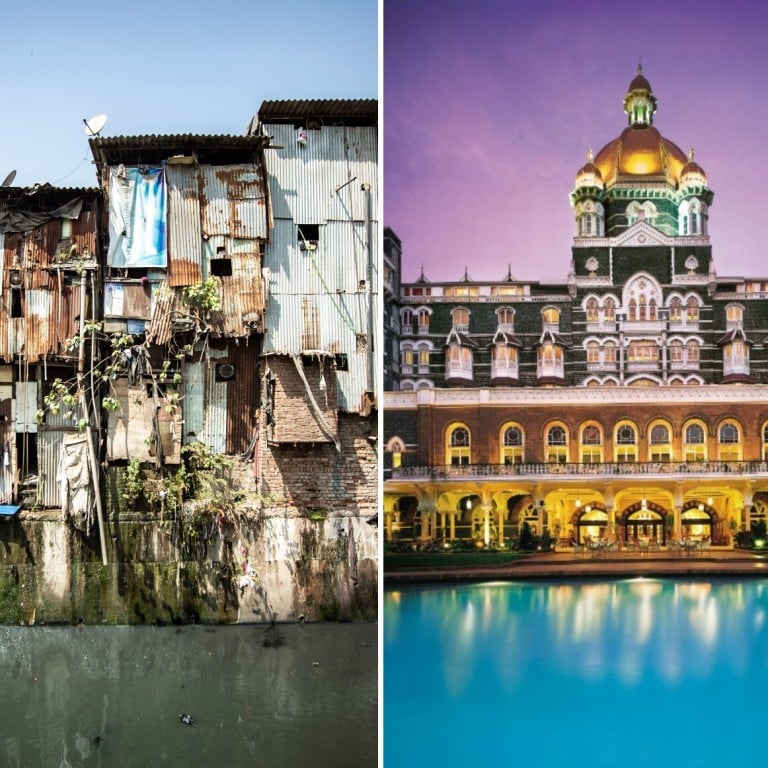Priyanka Chopra and Shah Rukh Khan’s stomping ground: how Mumbai’s Dharavi slum and Bollywood Film City sit side by side

From the real-life shantytown featured in Slumdog Millionaire, to the glamorous Bollywood studios frequented by Alia Bhatt and the legendary Amitabh Bachchan – Mumbai is a cultural powerhouse and a city of contrasts
Next to his limousine, a wealthy Indian bridegroom dances with friends to the sounds of a traditional band on a closed road. From the nearby Taj Mahal Palace, luxury hotel guests can see the wedding, but also the boats rocking in the bay and the city’s landmark, The Gateway of India, a mighty stone triumphal arch.

Countless locals and tourists are enjoying the colourful spectacle. Families go for a stroll, sit around, have a picnic. Many women are wearing elegant saris, others traditional Muslim clothes. The metropolis of 20 million is a cultural and religious melting pot, with a large Hindu majority.
The “largest slum in India” featured in Slumdog Millionaire

Among the most popular destinations for organised trips are a shantytown with two million people in the middle of Mumbai and a huge film production site with countless studios: Dharavi and Bollywood.
“The largest slum in India” – that’s how tourist agencies advertise a visit to Dharavi. Despite the misery, the neighbourhood has enormous economic power. Residents, not-for-profit organisers and canny tour operators work hand in hand.

“You can take pictures. But we always ask beforehand”, says guide Mayur, who accompanies his guest for four hours on foot.
The entrances to the mini flats are open. There is space for a gas stove, mats, bowls, metal pots and a small television. Bowls, jugs and containers are left to dry in the sun. Plastic and other things from rubbish heaps are recycled. Several thousand small workshops are constantly producing, recycling and repairing things.
A tour of the Film City